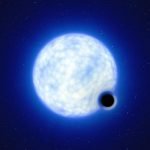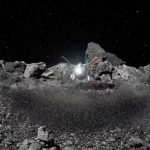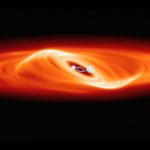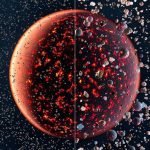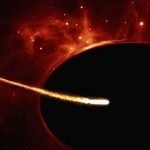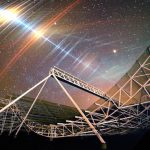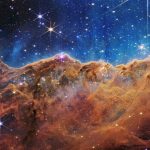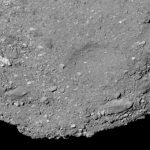Does space trash ever naturally break down
Remember when Elon Musk launched a car into space?
That car’s not just peacefully drifting through a vacuum — it’s hurtling around the sun at...
Black hole police discover a dormant black hole outside of the Milky Way galaxy
Scientists have found a dormant stellar-mass black hole in the Large Magellanic Cloud, a galaxy that neighbors the Milky Way.
The team includes Kareem El-Badry...
Taking asteroid sample was like punching a ball pit
Asteroid Bennu, the target of NASA's OSIRIS-REx asteroid sample return mission, led by the University of Arizona, kept surprising the mission team while the...
Scientists find two rare binary star systems
Astronomers have identified only the second and third examples of a rare type of star system comprising two central stars orbiting each other, encompassed...
Scientists propose a new theory for the Earth’s formation
Although the Earth has long been studied in detail, some fundamental questions have still to be answered.
One of them concerns the formation of our...
Deep dive into the dusty Milky Way
An animated dive into the dusty Milky Way reveals the outlines of our galaxy taking shape as we look out further and further from...
A star came too close to a black hole and was torn apart. Surprisingly...
What happens when a star wanders too close to a supermassive black hole?
The obvious story is that it gets sucked in, never to be...
Astronomers detect a radio heartbeat billions of light-years from Earth
Astronomers at MIT and universities across Canada and the United States have detected a strange and persistent radio signal from a far-off galaxy that...
NASA’s new flagship telescope just released its beautiful first images of the universe
The first images of the universe captured by NASA’s new flagship telescope, the James Webb Space Telescope, are worth more than a thousand words.
The...
Hopping space dust makes asteroids look rougher
Like corn kernels popping in a frying pan, tiny grains of dust may hop around on the surface of asteroids, according to a new...


